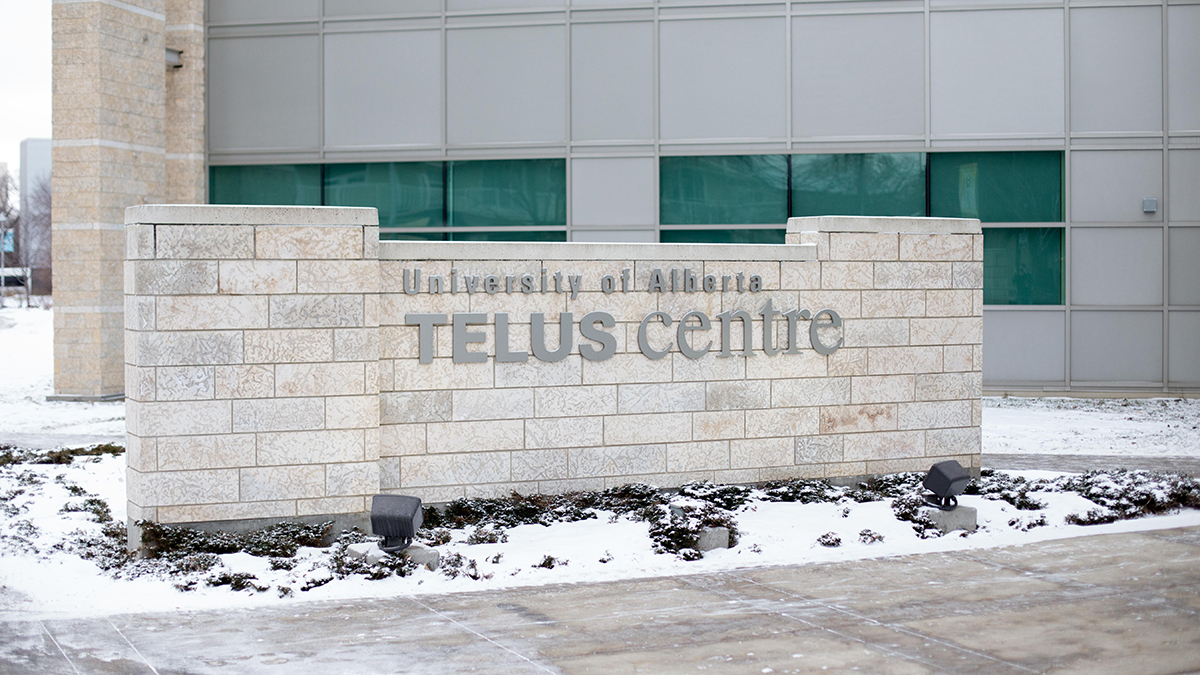U of A responds to travel ban
 Joshua Storie
Joshua StorieSince the announcement of the United States’ travel ban on January 31, more than 100 individuals have contacted International Student Services.
The travel ban forbids the entry of citizens of Sudan, Syria, Somalia, Iran, Iraq, Libya, and Yemen into the United States. Those affected by the ban have been directed to International Student Services, of which Doug Weir is the director of student programs.
“Initially the frustration was that the information wasn’t clear,” Weir said. “No one could understand how the ban was meant to be implemented.”
As a response, the university set up a webpage for the travel ban on January 31 that compiles campus resources to help those in affected communities make decisions. Then on February 1, the U of A announced that the $125 undergraduate application fee will be waived for prospective students who are citizens of the seven countries included in the ban.
“It was a situation where it was not clear, and people were scrambling from one media story to the next to make sense of what they should do,” Weir said.
Many of the online responses International Student Services has received have been from students looking to attend U of A next academic year. The university has received 188 inquiries from prospective students affected by the travel ban, 133 of which are graduate students.
“We have people who have been admitted to the United States to start a graduate program in September,” Weir said. “That’s now not a possibility, and they are now looking to be admitted here for September.”
The main group of U of A students affected consists of international students who are citizens of one of the banned countries. Weir said 10 students have reported having to cancel academic trips to the United States so far.
“Some (students) had been accepted to go … and it’s not a painless process to get that initial visa” Weir said. “For graduate students especially, those academic conferences are very important.”
Besides international students, others affected by the travel ban include dual citizens and permanent residents.
“It became clearer over the initial parts of the week that dual citizens and permanent residents of Canada aren’t covered by the ban,” said Weir. “Even people who aren’t covered by the ban are not feeling super confident to travel to the U.S. right now.”
Students looking for information or guidance regarding the travel ban can visit the International Services Centre on the second floor of the Telus Building, or contact International Student Services by email at [email protected].
“(International students) understand that we can’t change the situation they’re in, so I think we’re somewhat challenged by what we can really do to help except be a sympathetic ear,” Weir said. “Students that have been impacted should come to the International Services Centre, and we have staff that would be happy to try and help them.”




